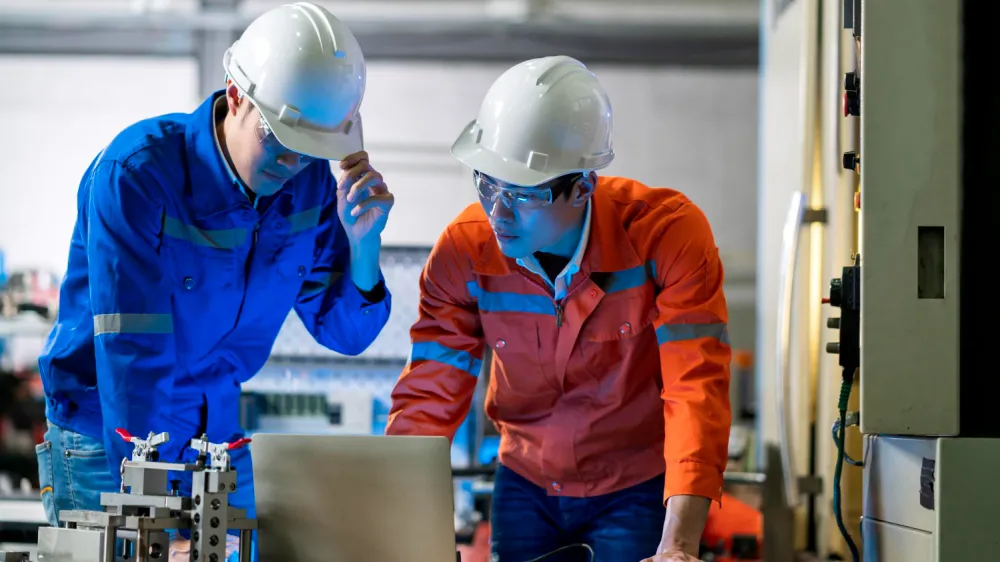CleanTech startups attract investors amidst regulatory, funding challenges
Capital and business model hurdles persist.
The CleanTech sector is witnessing increased investment and innovation across diverse technologies, yet startups in the field face significant financial and operational challenges, according to Mark Shmulevich, Managing Director at Aloniq.
Shmulevich noted the dual nature of growth in the sector, where diverse technologies promise progress toward net-zero goals, but financial constraints pose hurdles to sustainability.
He highlighted the surge in interest from investors who are keen on supporting clean technology solutions that contribute to ESG objectives. “There is a mix of technologies, and it feels like various technological approaches will keep thriving and it will not be winner-takes-all in this space,” he said.
Shmulevich emphasised that government and regulatory bodies play a pivotal role in shaping the environment for CleanTech startups. “It’s crucial for governments to focus on regulations that enable new startups to enter the market with ease. Regulations can be a significant driver or hindrance, depending on how they’re structured,” he noted, adding that cultivating technological talent in the sector is also important.
Addressing the current investment landscape, Shmulevich confirmed an uptick in funding toward CleanTech startups. “The demand for sustainable technology is not a passing trend; it’s a long-term movement. We’re paying close attention to developments in battery technology, as there are numerous emerging approaches. Growing global energy demand and the expansion of computing needs will continue to drive this sector forward,” he observed.
Additionally, he anticipates more mergers and acquisitions in CleanTech as large corporations invest to meet net-zero goals, citing examples like Cargill’s efforts in sustainable FoodTech and airlines exploring sustainable aviation solutions.
However, financial barriers remain a pressing challenge for many CleanTech startups. Shmulevich observed that “the majority of projects are really capital intensive.” From an investment standpoint, he explained that investors seek projects that can attract debt financing quickly or those that clearly outline a path to future capital support.



















 Advertise
Advertise







Commentary
Ingredients take centre stage for Asian consumers across food and beverage purchases
Human Sparsity Blockchain: A citizen-validated ledger for digital finance supervision
Breaking the myths around turbomachinery downtime in APAC